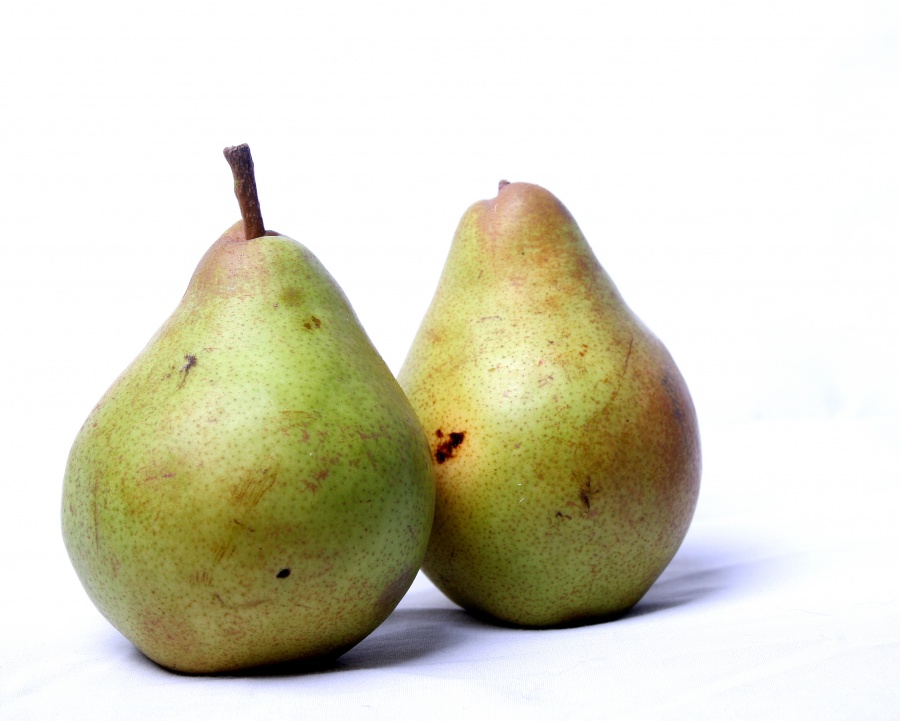Being blessed with twins, I can testify to the unique relationship that they have with each other. Besides their physical similarities, they share a deep understanding and kinship. Our Patriarch Isaac also was blessed with his own set of twins, Jacob and Esau – however, these two were a world apart.
“The first one (Esau) emerged red” (Genesis 25:25). Esau was born a redhead; redheads are stereotypically described as strong and aggressive. According to the Kabbalah, red represents the trait of Gevurah (Strength) and also strict judgment. Rashi explains that the red signifies that Esau would grow up to be a murderer. But if Esau was destined to become a murderer, why would Isaac want to anoint Esau as his successor and bestow the blessings on him?
The Midrash Rabbah (63:10) explains that Esau fooled Isaac by asking him questions like, “How does one tithe salt and straw?” The Torah commands us to give at least a tenth of “the produce of the earth” to charity, but salt and straw don’t fit into this category and are thus exempt. Esau tried to show his father how careful he was with the commandments of the Torah by asking how to keep this law, even though he was exempt from it.
If we analyze Esau’s question, we can discover a great insight into the flaws of human character. We have a natural tendency to be extremely judgmental and harsh, particularly on ourselves. We constantly second-guess, blame and put ourselves down. This is not to say we should live a carefree life and do whatever we like; such a lifestyle will result in little accomplishment. But being too harsh on ourselves actually has the same effect. How many times do we give up simply because we decide that anyhow we already did the wrong thing? We are so quick to throw in the towel, or to say that tomorrow is another day.
Such thinking cannot be further from the truth. Even if we did much wrong, God’s kindness is eternal. Not a moment passes us by without hope for the future. Even if we are steeped in our bad ways, every time we hold ourselves back a little bit, we gain eternal merit and will actually be saved and fully return to God. If the reason we are so exacting with ourselves is because we know God judges our every action, we should realize that good is much more potent than evil. God will certainly see us trying to change and appreciate every baby step we make.
Ishmael was the son of Abraham, the scion of kindness and charity. Ishmael inherited his father’s traits, but in a negative way. He relied on God’s limitless kindness, living a carefree life and doing only what he was in the mood for. Esau was the son of Isaac, the scion of strength and strict judgment. He, too, failed to utilize these traits for the good. Instead, Esau was overly stringent in his observance. He asked his father how to tithe salt and straw, things the Torah never asked us to do. Esau’s character flaw of harsh self-judgment ends up making the Torah an undesirable, burdensome and depressing yoke to bear.
Thankfully, we Jews are the children of Jacob. Jacob was called the “complete offspring” and represents the trait of Tiferet (Harmony). Jacob was the perfect balance of kindness and strictness. May we merit to go in the way of our father Jacob and constantly “push” ourselves to remember that God is always there, waiting for us to return to Him.

